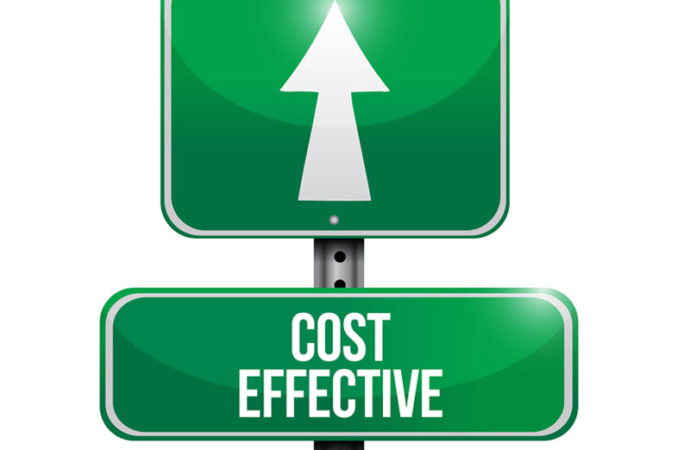Are plastic roads cost-effective for Bangladesh?

Experts have claimed that plastic roads would be more durable than conventional bitumen roads, but would they be cost-effective?Generally, the cost would vary depending on the process that would be used to construct the plastic roads. Shamsul Hoque, professor of at the department of civil engineering in Buet, said: “There are mainly two methods to construct plastic roads – wet process and dry process. If the wet process is used, it would increase the construction cost, but the dry process would typically reduce it.” In the dry process, waste plastic is mixed with construction aggregates in equal proportions and then with hot bitumen. The plastic is shredded and heated to 165 degrees Celsius before transferring to a mixing chamber with aggregates. Later, bitumen heated at 160 degrees Celsius is transferred to the chamber and mixed, he explained. “This process should be cost-effective as use of stones would be reduced in road construction,” he added. Explaining the wet process, Shamsul said: “The wet process is very simple and also smooth for road construction. Nowadays, there are many industries in the country that sell liquid plastic that can be mixed with bitumen. We would only need a plant with machines to mix the two materials. “However, liquid plastic is more expensive than shredded plastic. The cost would increase more if the liquid plastic was imported.” The Indian government has recently used the dry technology to construct highways which is expected to reduce construction cost by 50%. But Bangladeshi experts have suggested using the wet process because it is easy and also makes roads more durable. Stating some of the limitations, Shamsul said it would be difficult to collect waste plastic in one place to manage the whole process. Moreover, if the wet process was used, big investments and equipment would be needed to carry out the construction.
Read more: http://www.dhakatribune.com/bangladesh/2016/12/03/plastic-roads-cost-effective-bangladesh/

